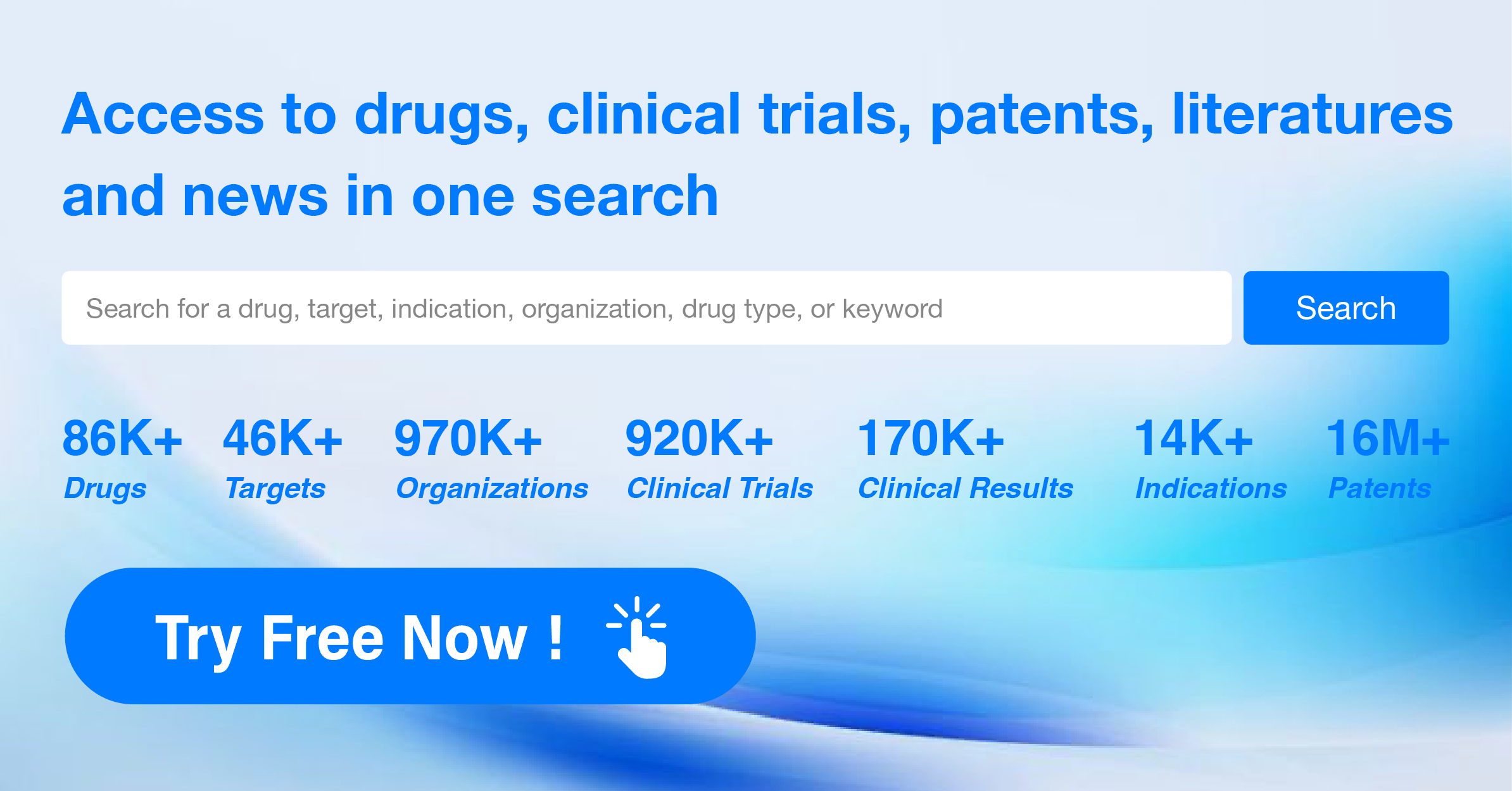Navigating the Future of Decentralized Clinical Trials
The COVID-19 pandemic has significantly transformed the healthcare industry, particularly in the realm of pharmaceutical clinical trials. The urgent need for COVID-19 vaccines led to the adoption of decentralized clinical trials (DCTs), which have demonstrated remarkable success and are now seen as a harbinger of a new era of remote, digitized, and personalized medicine.
Before 2020, clinical trials were strictly regulated and conducted in a manner that had remained largely consistent for many years. However, the global lockdown prompted healthcare and legislative authorities to make exceptions for remote trials to maintain the flow of essential research. The U.S. government authorized virtual clinical trials in May 2020, and this permission was extended in May 2023, following the success of DCTs, including those that contributed to the development of a widely utilized COVID-19 vaccine.
The widespread adoption of DCTs has allowed pharmaceutical companies to significantly expand their participant pools, enabling them to include patients from various geographical locations. This is achieved through the use of remote monitoring and wearable injectables to collect data.
Major pharmaceutical companies are now exploring DCTs, recognizing the benefits such as increased efficiency, broader applicability of results, reduced operational costs, accelerated market access, and most importantly, improved patient outcomes.
Despite the advantages, DCTs face several challenges. The technology and data management protocols involved in remote trials present complex issues that need to be addressed early on in this new medical landscape. Pharmaceutical companies must provide exceptional care to participants, which may vary by trial and depends on the drug or device under study. This often involves sending trained staff or partnering with healthcare providers to manage complex treatments. Additionally, companies must manage a network of care providers and a complex ecosystem of stakeholders, including insurers, medical device companies, trial service providers, and technology vendors offering software, data, analytics, cloud, cybersecurity, and telecommunications solutions.
The industry is also grappling with talent shortages and skills gaps. Although digital transformation is not new to pharmaceutical companies, none are fully prepared or staffed for the advanced digital requirements of DCTs. Furthermore, the volatility of clinical trial regulations worldwide adds to the challenges, as legislators are closely monitoring these new healthcare practices, and the lack of clear best practices may lead to adjustments in authorizations that could disrupt trials and result in increased costs and delays.
To improve DCT initiatives, companies must focus on reskilling and upskilling their workforce, particularly in digital skills, enhancing cybersecurity capabilities, partnering with legal experts to navigate regulations such as HIPAA, establishing a clear ecosystem strategy, improving data quality and sharing policies, and utilizing software and platforms for efficient communication and documentation management.
The journey towards widespread, large-scale, industry-standard remote trials is a long one, with legislators closely watching the responsible conduct of DCTs by healthcare companies. Any missteps in the early stages of DCTs could hinder the progress of clinical trials, making it crucial for enterprises to develop their DCT strategies with utmost precision.
Chris Scheefer, a VP and the North American lead for intelligent industry at Capgemini Americas, which provides next-generation clinical development services, has over 20 years of experience in life sciences, with a focus on biopharma and MedTech, data-driven transformation, bioinformatics, and applied artificial intelligence.
How to obtain the latest research advancements in the field of biopharmaceuticals?
In the Synapse database, you can keep abreast of the latest research and development advances in drugs, targets, indications, organizations, etc., anywhere and anytime, on a daily or weekly basis. Click on the image below to embark on a brand new journey of drug discovery!




